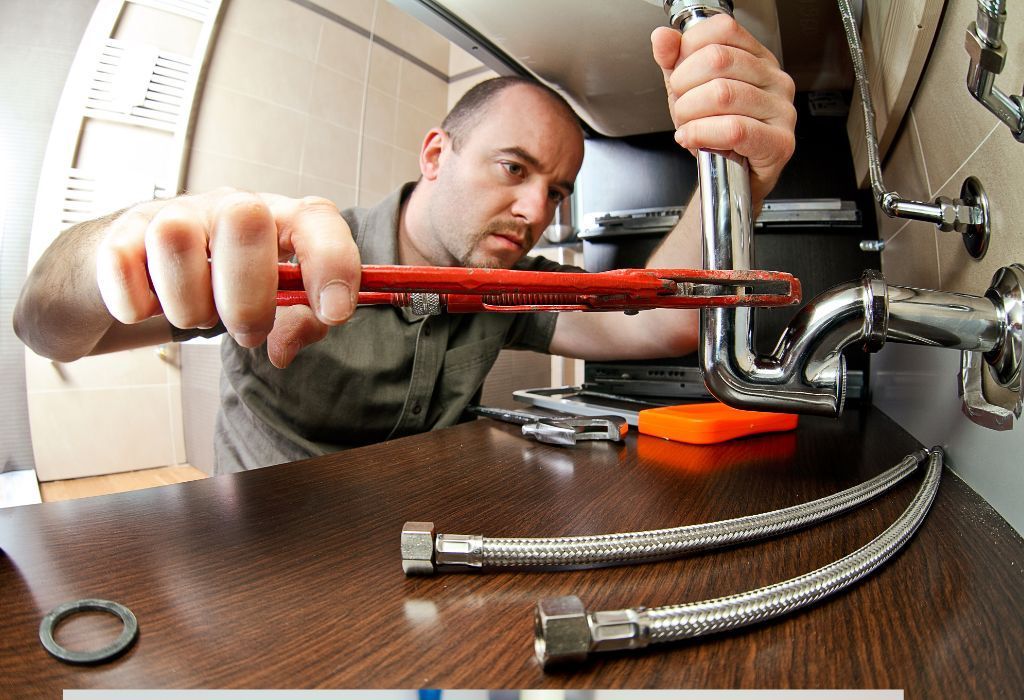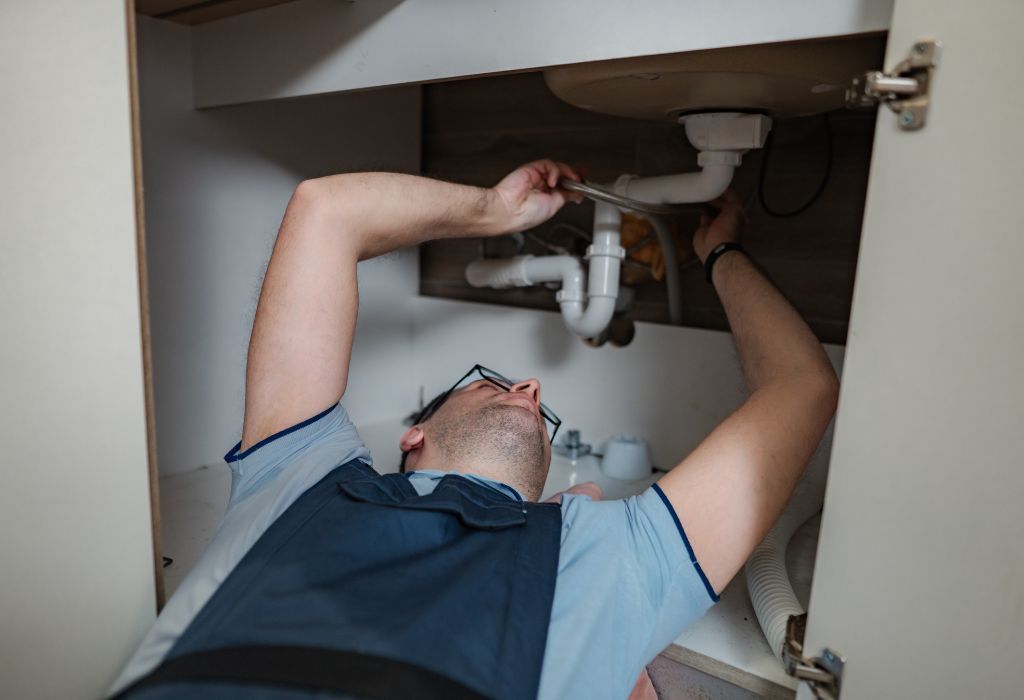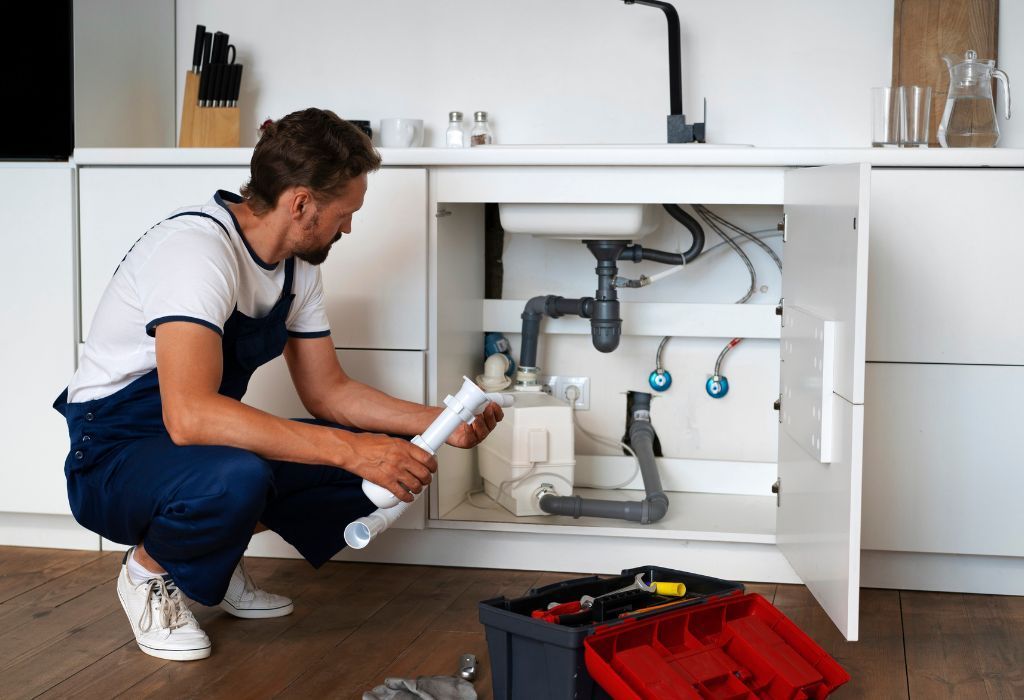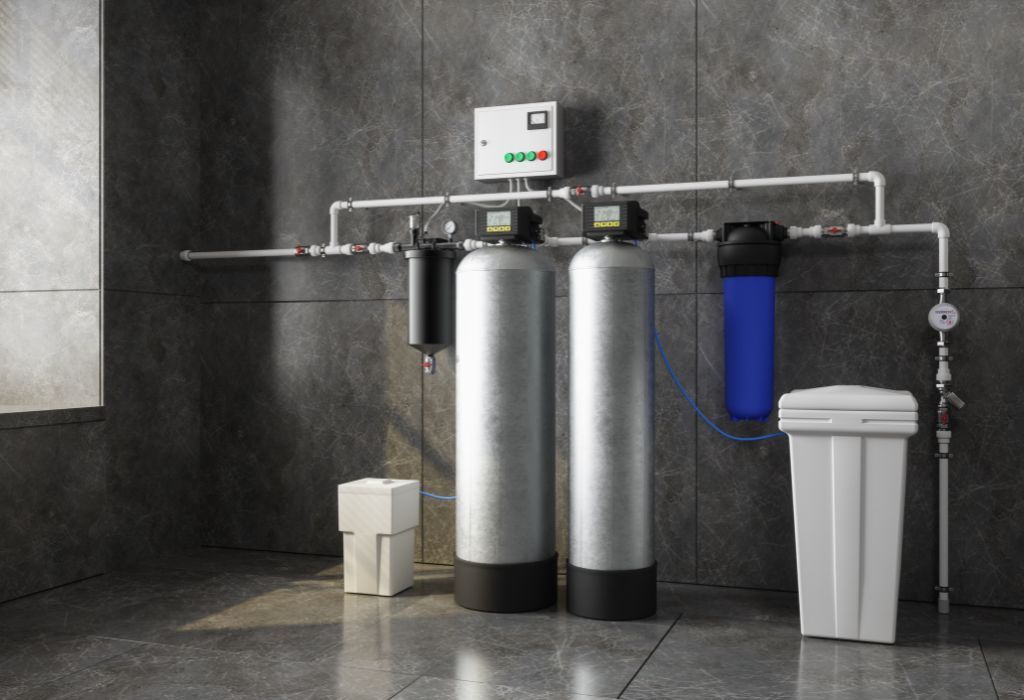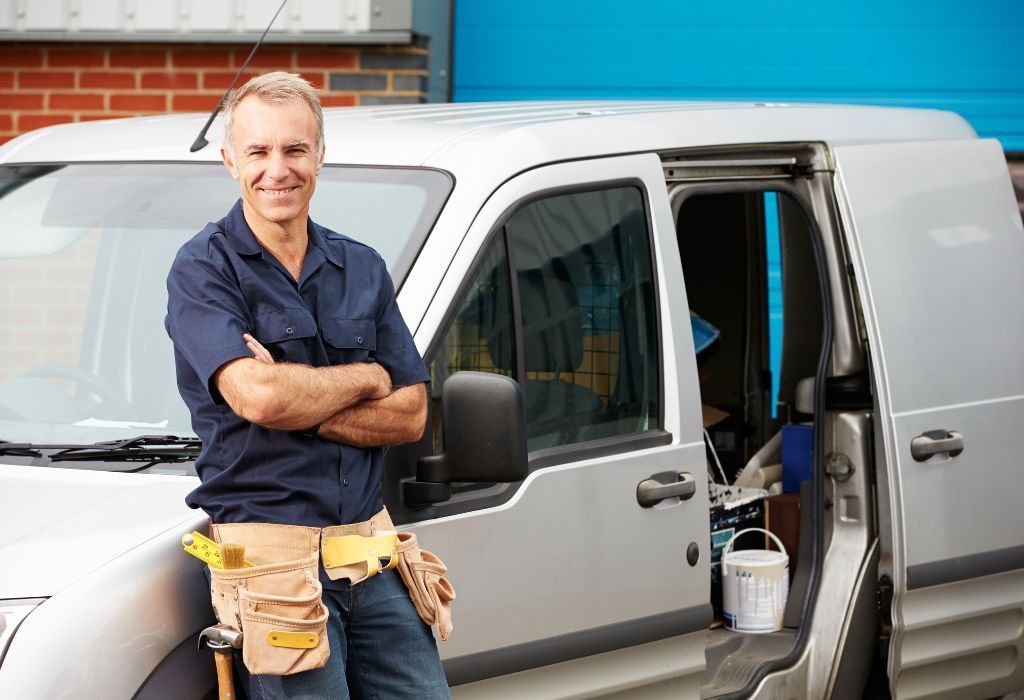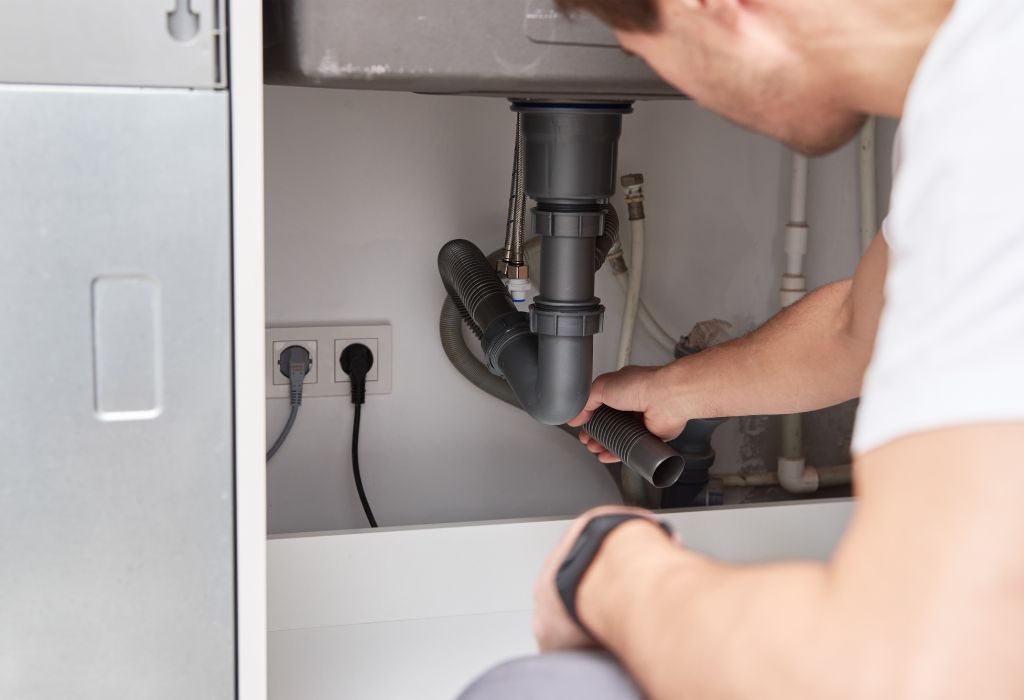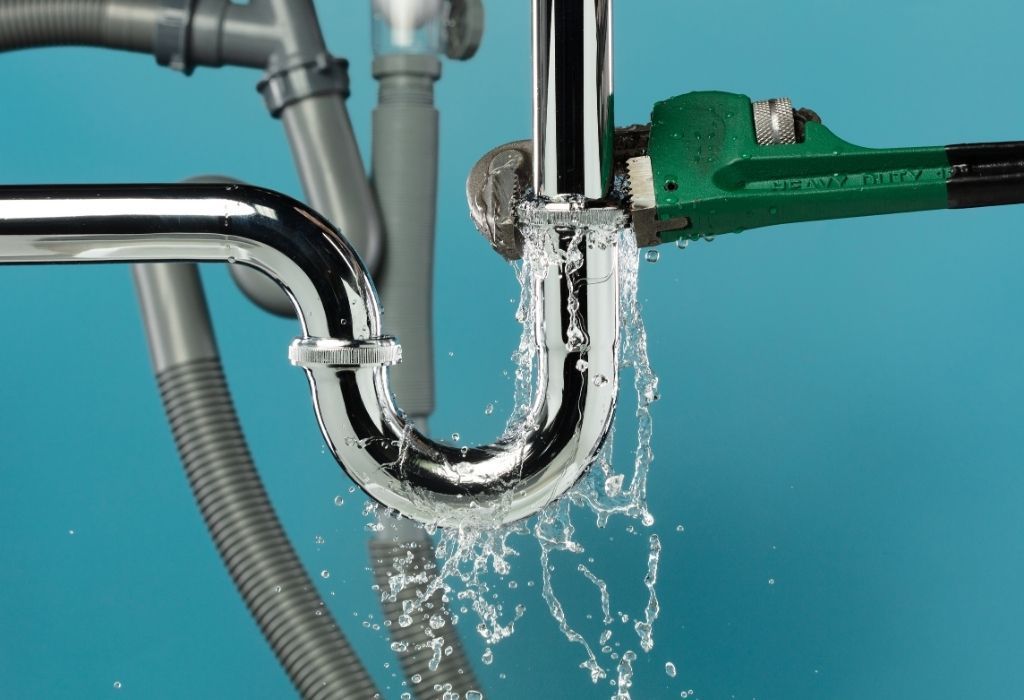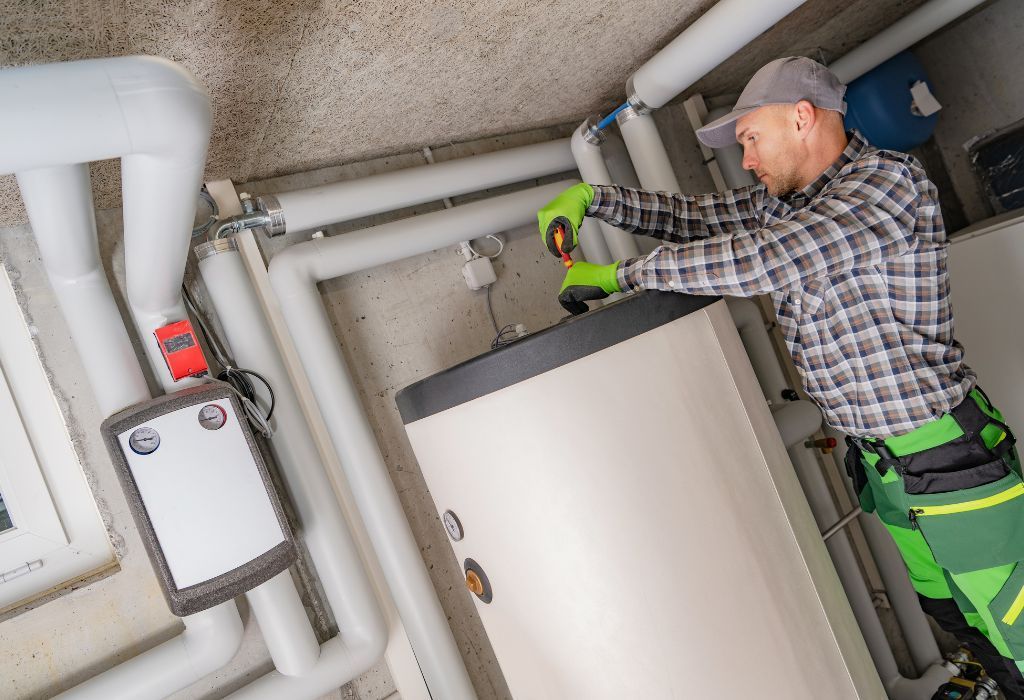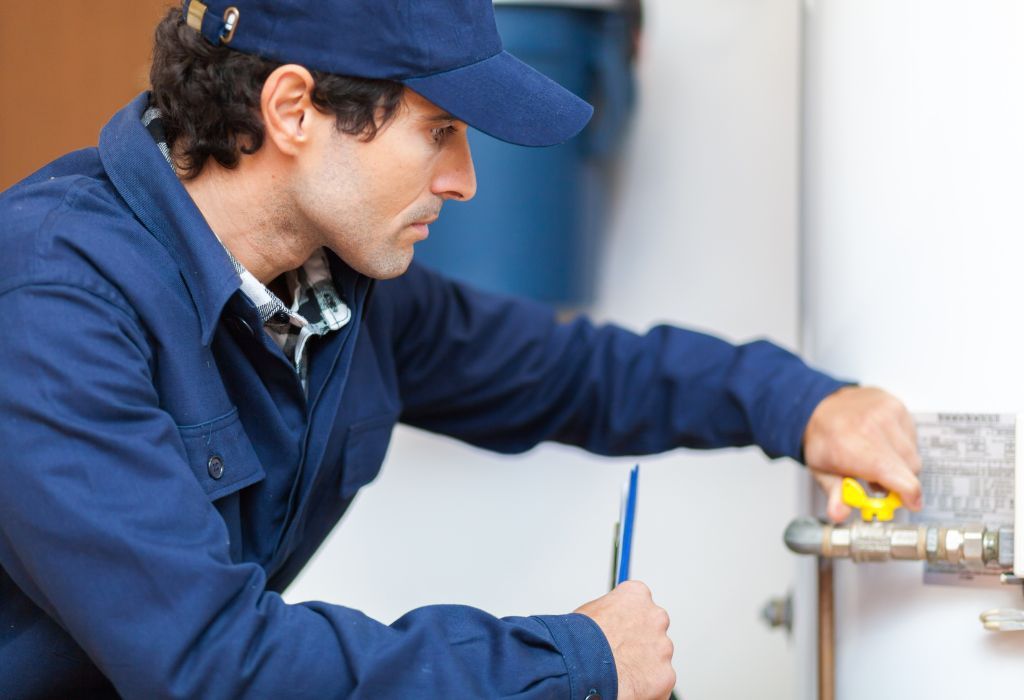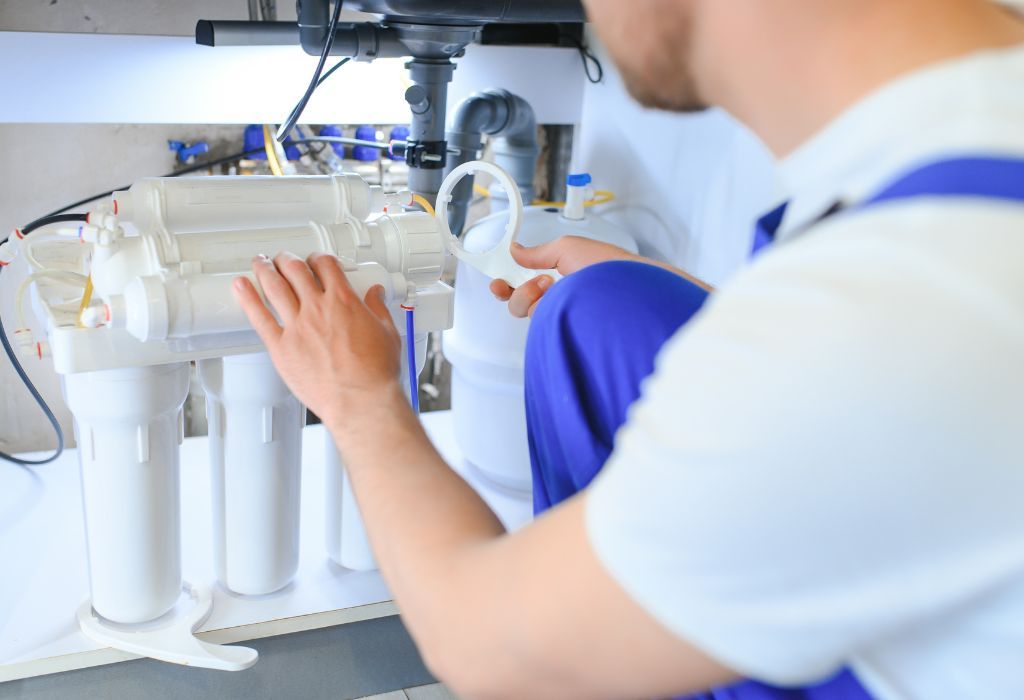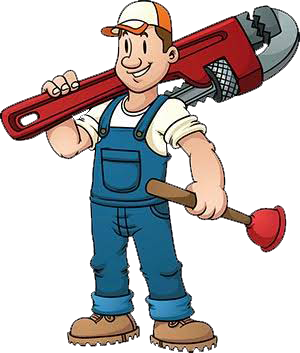Why Water Softener & Filtration Services Are Essential for Your Home
Water is something we use every single day—for drinking, cooking, bathing, and cleaning. Yet many homeowners don’t realize that the quality of the water flowing through their pipes can affect not just their appliances and plumbing, but also their health and comfort. If you’ve ever noticed hard water stains on faucets, cloudy glassware, or soap that just doesn’t lather, you’ve seen the signs of poor water quality. This is where water softener and filtration services can make a big difference.
Understanding Hard Water
Hard water contains high levels of minerals, mainly calcium and magnesium. While not dangerous to health, these minerals cause several household problems:
- Scale build-up in pipes and appliances, which reduces efficiency and lifespan
- Dry skin and hair due to soap not rinsing off completely
- Spots on dishes, glassware, and fixtures from mineral residue
- Higher energy bills as appliances like water heaters work harder to function
Over time, hard water can become more than just an inconvenience—it can shorten the life of expensive plumbing systems and appliances.
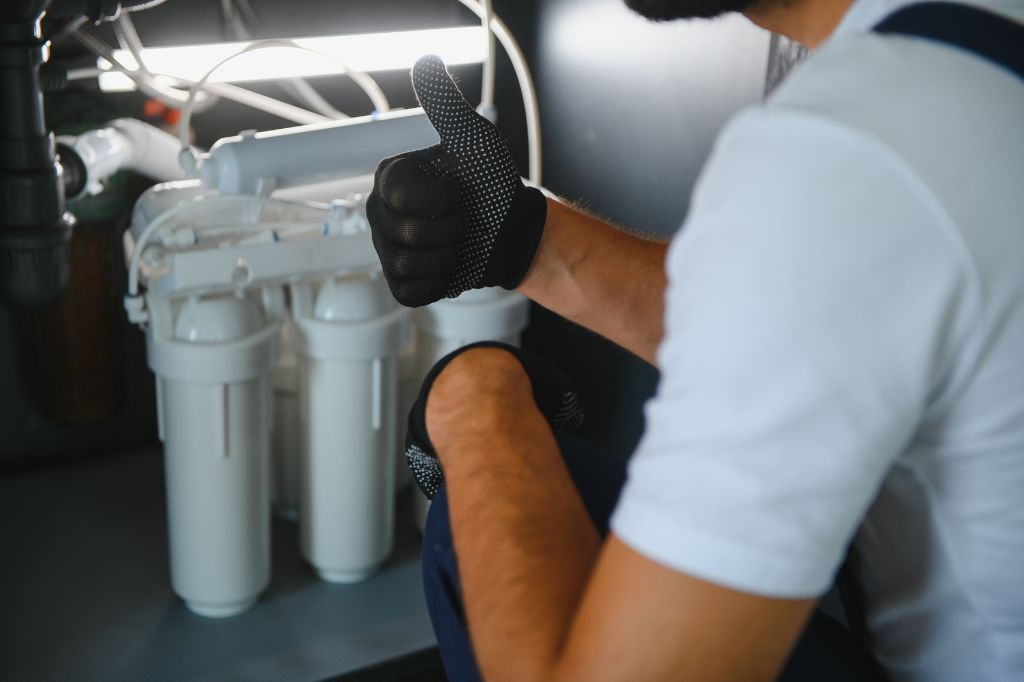
How a Water Softener Works
A
water softener system removes the minerals that cause hardness through a process called ion exchange. As hard water flows through the softener tank, calcium and magnesium ions are replaced with sodium or potassium ions. The result is softened water that:
- Cleans dishes and laundry more effectively
- Leaves skin and hair softer after showers
- Prevents scale build-up in water heaters, dishwashers, and washing machines
- Extends the lifespan of plumbing and appliances
For many households, installing a water softener is one of the most effective ways to protect both the home and the people living in it.
Beyond Softeners: Water Filtration Systems
While softeners address hardness, they don’t remove all contaminants. This is where
water filtration systems come into play. A filtration system can target and reduce:
- Chlorine and chemical tastes often found in municipal water supplies
- Sediment, rust, and particles that make water appear cloudy
- Lead, pesticides, and other harmful contaminants in some areas
- Unpleasant odors, making water taste fresher and cleaner
Filtration systems can be installed at the point of entry (whole-home filtration) or point of use (such as under-the-sink drinking water filters), depending on your household needs.
The Benefits of Water Softening and Filtration Combined
Together, water softeners and filtration systems create a complete
water quality solution:
- Cleaner, Healthier Water – Ideal for cooking, drinking, and everyday use
- Cost Savings – Reduced energy bills and fewer appliance repairs
- Comfort & Convenience – Softer laundry, shinier dishes, and residue-free showers
- Peace of Mind – Knowing your water is safe and free from unwanted contaminants
When combined, these systems ensure your household gets the purest, cleanest water possible.
Signs You Might Need Water Quality Solutions
Not sure if your home needs a water softener or filtration system? Look out for these signs:
- White, chalky build-up on faucets or showerheads
- Soap scum that won’t go away in sinks and tubs
- Dry, itchy skin and dull hair after bathing
- Dishes that remain cloudy or spotted even after washing
- Rust stains in toilets or sinks
- Water with a strong chlorine smell or metallic taste
If you’ve noticed any of these issues, it’s worth considering a professional water quality assessment.
Why Professional Installation Matters
While there are DIY water filters on the market,
professional installation and maintenance are key for long-term effectiveness. Specialists can:
- Test your water supply to identify specific contaminants and hardness levels
- Recommend the best system tailored to your household needs
- Ensure correct installation so the system runs efficiently
- Provide maintenance and replacement services to keep water quality consistent
Cutting corners on installation often leads to ineffective systems and wasted money.
Frequently Asked Questions About Water Softeners & Filtration
Does softened water taste salty?
Not really. The amount of sodium added during softening is minimal and usually undetectable. Potassium-based systems are also available for those on low-sodium diets.
Can I have both a softener and a filtration system?
Yes, in fact, many households benefit from combining the two for maximum water quality improvement.
Do these systems require maintenance?
Yes. Softeners need salt refills, while filtration systems require cartridge changes or backwashing, depending on the model.
Will it lower my water bills?
Indirectly, yes. By reducing scale build-up, your water heater and appliances run more efficiently, saving energy and costs.
Long-Term Value of Water Quality Solutions
Investing in
water softener and filtration services is not just about improving taste or appearance—it’s about protecting your home and your health. Clean, soft water means less strain on your plumbing, longer-lasting appliances, and a more comfortable living environment for your family. Over time, the savings on repairs, replacements, and energy costs make it a smart investment.
Final Thoughts
Water is essential, but not all water is equal. Hardness, chlorine, sediment, and other contaminants can impact everything from your morning shower to the lifespan of your water heater. By choosing the right combination of
water softener and filtration systems, you can enjoy cleaner, healthier water every day while protecting your home’s plumbing and appliances.
For questions, assessments, or professional installation of water softener & filtration systems, contact Summers Plumbing Inc. at (208) 221-3837.

